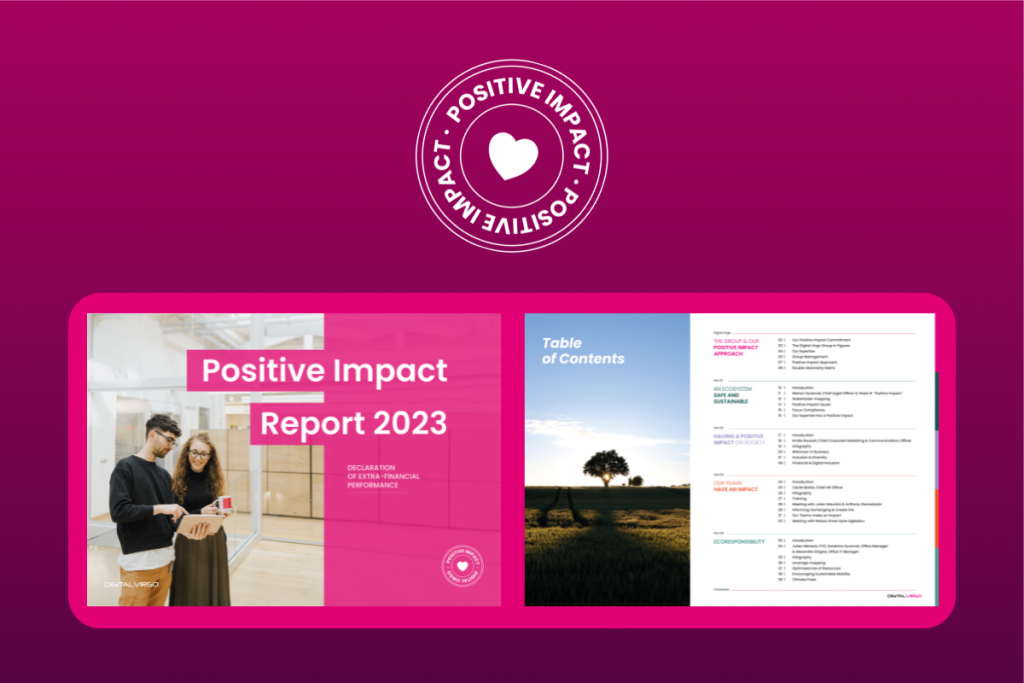How does Digital Virgo use automatization to their advantage?
So Digital Virgo is an advertiser that is 100% automatic and operates campaigns currently in forty-five markets. We have developed internally a real expertise in media buying that relies heavily on automatization solutions. These are made available to us by the advertising networks.
In fact, I’ll go even further, the algorithmic power for us will be a discriminating factor in whether we work with a partner or not. It would be complicated for us to manage all the campaigns if there was no automatization behind it. This is why we work with Google 360 which meets this need.
What does automatization give to Digital Virgo?
Automatization allows the adjustment of the bid level per impression according to different data. For example, we’re going to know the day of the week and the time of day. We’re going to have social, and demographic information but also other criteria like device, user journey, number of sites and so on. These are just a few of the data points available in the market. It seems complicated today in a traditional and manual way for a media trader to consider all these data points.
For decision making, you must know that machine learning, is part of our DNA at Digital Virgo. We have built our digital acquisition strategy around automatization. We will even go back and deconstruct each algorithm to better understand it and in fact master it, to use it in an optimal way.
Nevertheless, the conceptualization of the campaigns will belong to the media trader. And for us, the algorithm will come in second place to improve the performance and pushing the campaign even further.
Does automatization mean that results will be the same?
Advertisers who are going to launch the same campaign on the same service will get different results. The conceptualization of the campaign before the analysis, clearly, will not be the same. We’re not going to have the same performance even though we have the same algorithm behind it, so it’s clearly an opportunity for us. I’ll just put in a clarification, an algorithm needs a learning phase. I would like to clarify one thing, an algorithm needs a learning phase of between 7 and 30 days, with a specific substantial budget to complete this learning period. Therefore it is true that at the launch of a campaign, there can still be a financial risk.
Let’s be clear, automatization is not magic and for me, control is indeed necessary. A campaign that is poorly thought out beforehand with bad advertising choices. Despite a powerful algorithm, it will not give the expected results.
How does Digital Virgo work with automated campaigns?
At Digital Virgo, when we launch a campaign, we do the first control 48 hours later to make sure that the first set of data will be in accordance with the objectives we have set.
We’ll also make sure that the target we want is reached at the right time and place. So, we have this first check, if it’s not the case, we’ll take the campaign down and we’ll rework it. We do permanent continuous control on our automated campaigns; it has happened that campaigns that historically had good performances lost control. This is when the expertise of the Media Trader will come into play. It is them, who will identify if this variation of a KPI (key performance indicator) is linked to an isolated movement of the algorithm. Therefore, we accept a degradation of the performances that we control for a short duration or if adjustments are necessary on the campaign.
Finally, we have developed in-house alerting tools to inform the teams when we have technical problems or when we detect strong drops in performance. Conversely, when we have campaigns that are growing strongly, we may need additional budgets.
So, as I said, all our campaigns are in fact automated and the mastery of algorithms is really part of our know-how.
Do you have any specific examples of using automatization at Digital Virgo?
I have in mind a specific campaign that we launched in a new market. It was a completely new emerging market, so we had no insight and no information. We chose to launch it at the fixed CPM (cost per mille) to keep one hundred percent of control on this campaign. We had a small volume of conversion at the target CPA (cost per action) but a really small volume. We made the choice to switch the campaign under the algorithm. That allowed us to gain traction on the campaign. This also led to improving the volume over a short period of time.
In fact, the algorithm really was in second place to improve the performances and to push the campaign even further. Despite everything keeping this control means that we’re sure we are obtaining the objectives.
What do you think, is the impact of automatization on advertising effectiveness in the future?
The current trends of tech companies are moving towards fully automated solutions. Manual campaigns don’t seem to me, to be the ideal solution today. On the other hand, solutions like the one from Google 360 give us an advantage. Being able to personalize the data and therefore, the algorithm according to technological constraints, the specificities of each advertiser, and each market is the next step forward. The automatization, with the creation of personalized algorithms, seems to me to be more adequate and the real future. Ten years ago, a traffic manager would manage the campaigns in a manual fashion, taking into account a few signals.
Today, media traders will use their expertise to master the automatization and the different algorithms at their disposal to go and reach their goals.
Get in touch now with our Digital Marketing experts to help grow your business.



